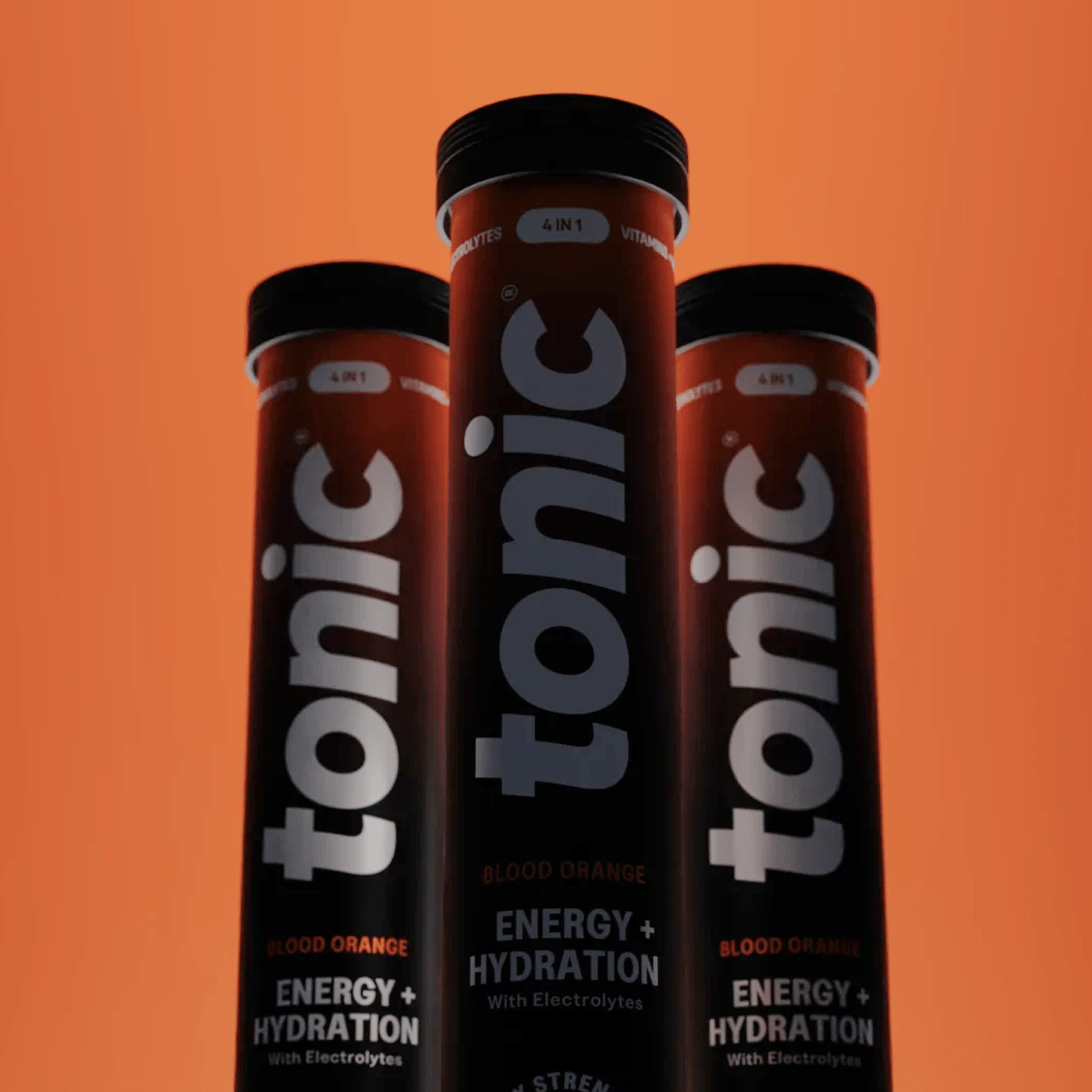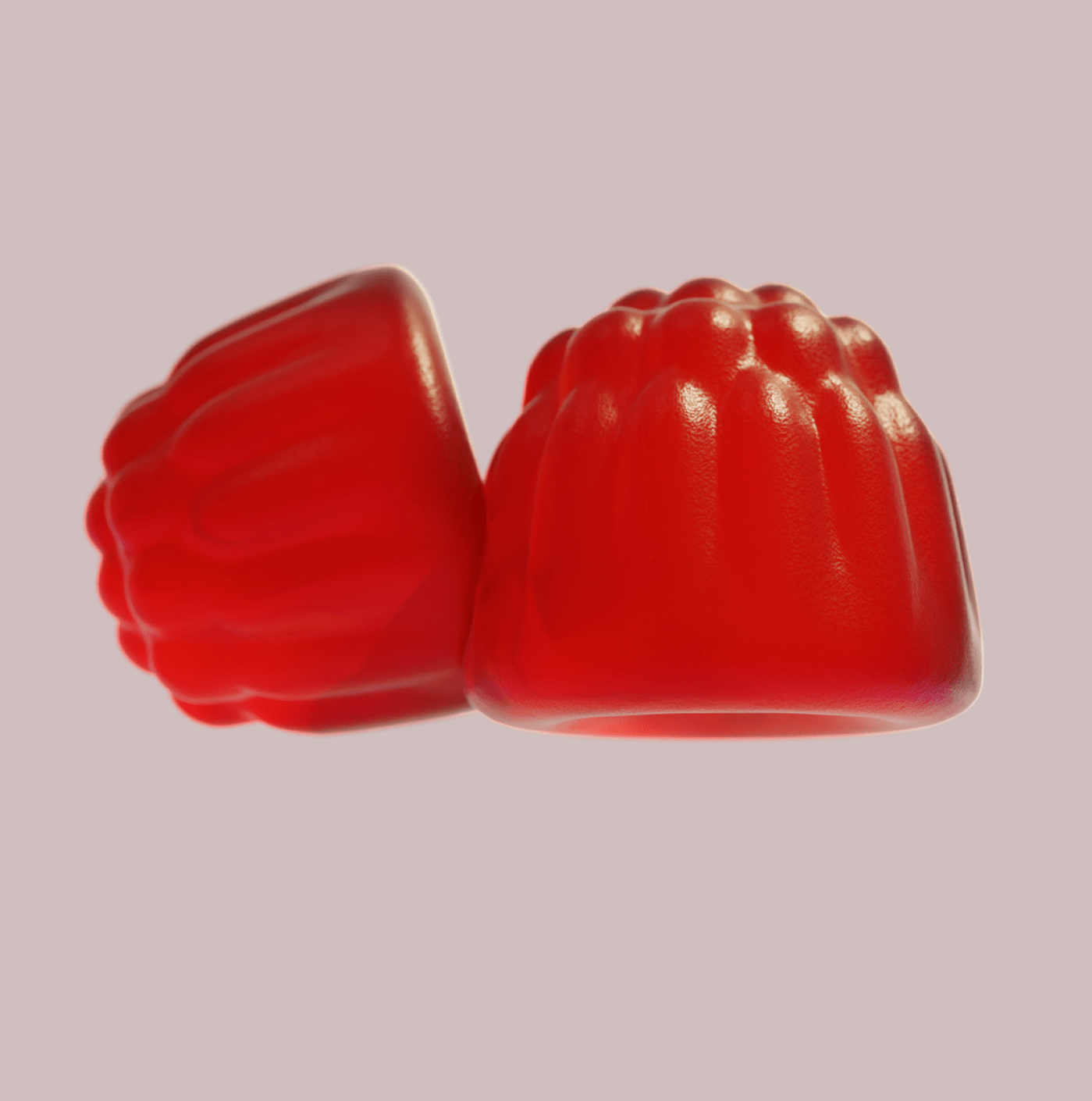As you will have read in our last blog about how vitamin D works with your immune system for optimal performance the importance of Vitamin D is well establish for the immune system. We call it a vitamin, but in fact, vitamin D is actually a hormone that influences more than 3,000 different genes in your body. But do you know where Vitamin D supplements come from? Do you know the difference between D2 and D3? Do you know why some are vegetarian and others vegan? Do you know which type absorbs best in the body?
According to statistics collected by Forth, 27% of the UK population are below normal parameters for their vitamin D levels and deficient of the vital vitamin, so it is more important than ever we understand the best ways to address our vitamin D levels. Read on as we explain all the differences and how choosing the right vegan vitamin D can lead to optimal immune health.
Vitamin D2 vs D3 – what’s the difference?
Vitamin D2 is by in large produced by plants. This form of vegan vitamin D is made when plants are exposed to sunlight - in a similar way our bodies naturally produce Vitamin D when our skin is exposed to the sun. The most common example of vegan vitamin D is wild mushrooms or mushrooms produced under UV light as they create and store high levels.
Vitamin D3 sources are largely animal based with vitamin D being created in animals such as fish and sheep. The exact compound is then extracted from fish oils that are extracted from the skin of fatty fish or sheep lanolin. Sheep lanolin is the waxy substance secreted by sheep’s wool which is exceptionally high in vitamin D. This form of vitamin D is considered okay for vegetarians because the animals are not killed, but vegans should use alternative sources of vitamin D such as the one found in our Elderberry and Blackcurrant.
Vitamin D2 vs D3 – which should I take?
So, which is better? Well ultimately, we need both forms, but it is widely regarded that Vitamin D3 is more important for your overall health and wellbeing as it is more bioavailable. Our bodies absorb and use Vitamin D3 better.
Studies have shown that it is Vitamin D3, not D2, that maintains levels of Vitamin D in our body even over winter months. It’s important to note that dietary sources of Vitamin D3 can mainly be found in animal products. So, if you’re vegan, you need to pay extra attention to supplementing your diet with Vitamin D3.
Why some forms of vitamin D3 vegetarian and others vegan?
This all comes down to the source used in the product. The majority of vitamin D in the market across the world is made sheep lanolin is the waxy substance secreted by sheep’s wool as it is the cheapest process to extract good quality vitamin D3. With animals involved this obviously isn’t considered Vegan but is acceptable to vegetarians as the animals aren’t harmed in the process.
Vegan vitamin D is extracted from Lichen a unique species of algae which has the ability to produce vitamin D in the natural D3 form. These small, algae-like plants accumulate D3 and other nutrients as they grow. They are processed at the growing site with each the vegan D3 extracted from the lichens at source in order to ensure maximum freshness and potency. The vegan D3 is extracted as an oil, which is harvested and then refined and purified to remove any pathogens. This is currently the main way to extract vegan vitamin D and is more expensive than the non-vegan process so is unfortunately only used by a small number of premium supplement companies. At Tonic Health, we ensure we use this source in order to not only provide options for all ethical and lifestyle choices but also because the lower treatment levels and few chemicals used in the extraction process make this the most functional form of Vitamin D not only for human health but also planetary healthy.
If you are looking for a high quality vegan vitamin d supplement then check out our range of Vegan D3 vitamin drinks which have high doses at 30ug or 1,200 IU which is 600% of the nutrient reference value.







Leave a comment
All comments are moderated before being published.
This site is protected by hCaptcha and the hCaptcha Privacy Policy and Terms of Service apply.